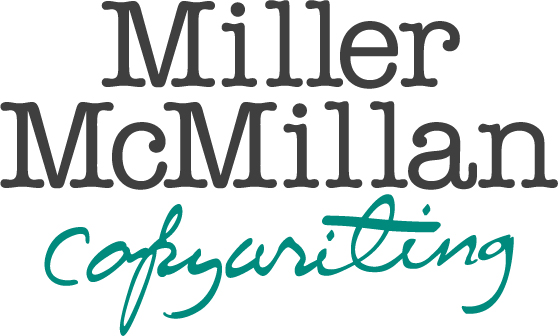Note: This is an updated version of my original article that continues to attract high readership.
The English language is constantly evolving. Often there is no right or wrong way to do things. That said, rules can be found that define the use of those horizontal lines we call hyphens. Here are guidelines, followed by some personal observations.
Hyphens are used for clarity. If adjoining words have the potential for ambiguity, a hyphen can confirm the intended meaning.
Hyphens are used to join two or more words that function as an adjective in front of a noun. Example: best-of-breed.
Hyphens are used to connect words that combine to create a single word with a new meaning, such as 'self-limited.'
Less is more
I am a light user of hyphens and tell my clients to use them sparingly. Call it visual economy. Consider the often hyphenated phrase, "state-of-the-art." Does it really need hyphens? This combination of words is so painfully prevalent that virtually everybody knows what it means. To my eyes, the hyphens are no longer needed. In fact, the phrase should probably go away entirely, as it has become a contradiction in terms. "State of the art" sounds so yesterday. It might as well be obsolete.
Visually speaking
Some designers consider hyphens to be visual blight. "Why do I need those little lines that tarnish my masterpiece?" I tend to agree. Unlike letters of the alphabet, hyphens are boring in any font. They are particularly annoying when they break up words at the end of a line. Better to space words so that hyphens are not needed to alert the reader that "This word is to be continued. Please see below."
Copywriting intervention
Text communicates visually and contributes to design aesthetics. When reviewing layouts and preliminary websites, I may suggest changing words to eliminate hyphens or improve word spacing. A conscientious copywriter can ensure that text is well groomed.
Some may ask, "Why not use a hyphen in 'well groomed' in the sentence above?" Great question. These words are hyphenated when placed in front of the noun they modify (the well-groomed executive). But occurring after a noun, the words play a "post-positive" role and require no hyphen. I once tried explaining this distinction to a client who argued for consistency in the use of hyphens. I could appreciate her point of view. And I'm sure my well-intended advice was well considered.
These days, software can "auto-hyphenate" in addition to performing alignment, justification and other verbal gymnastics. This capability can make hyphenation a no-brainer. Still, I would look closely at decisions made by computers and make case-by-case assessments regarding hyphens.
Familiarity breeds extinction
The more frequently certain groups of words are seen together, the more likely the connection is understood without the need for hyphens. Multi-disciplinary evolved into multidisciplinary. On-line is now online. Web sites resolved intimacy issues and merged to become 'websites.'
Use it or lose it
If you are into biology, you probably know about vestigial structures and organs. The ostrich has wings that no longer take the bird airborne. Similarly, some animals that once traversed the landscape via legs eventually retreated and made water their only habitat. Remnants of legs may still be found on whales, even as flippers, fins and tails have become their exclusive means of travel. In a similar way, hyphens often appear vestigial, bridging words that perform admirably without visual outriggers. Such is the evolution of language.
How to decide
Dictionaries are always around. You might also look at the words in question to see if the meaning is clear without a hyphen. If so, simply leave it out and hope that the punctuation police are not on stakeout.
The comments above reflect opinions of Miller McMillan and should not be relied upon when taking college entrance exams or drafting documents for certain organizations. Schools and organizations often have their own established rules. Request to see styleguides, style-guides or better yet, style guides.
© Miller McMillan All rights reserved.

